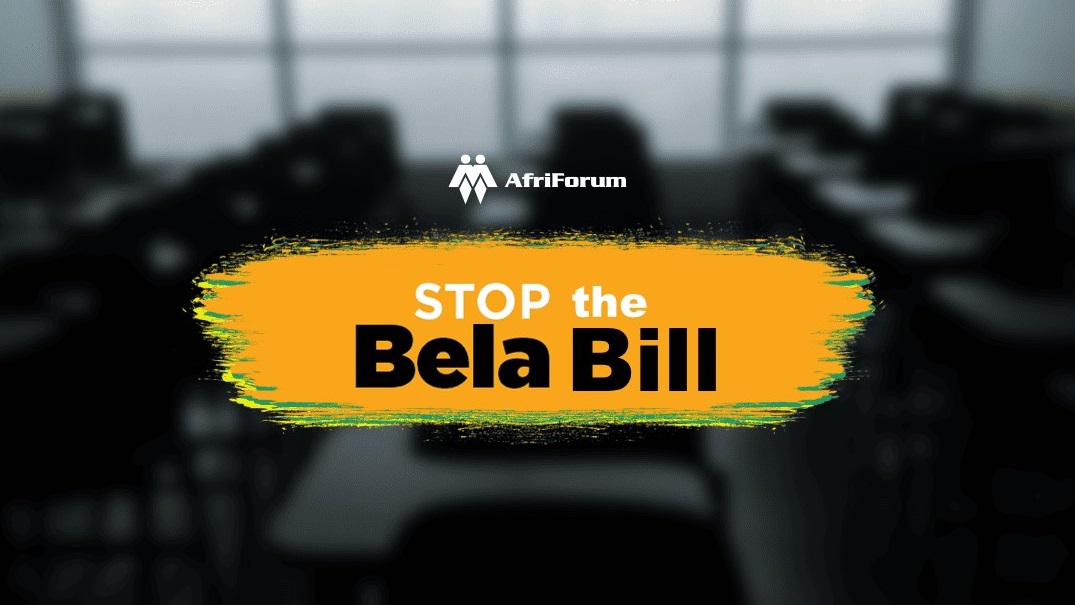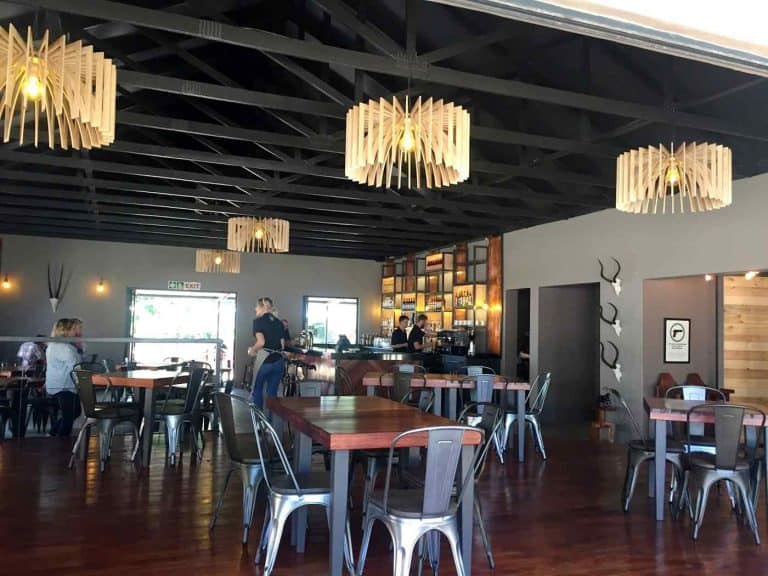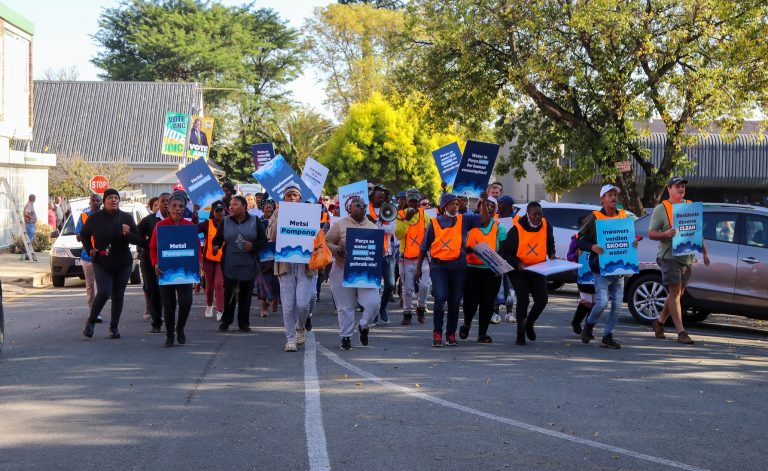On Heritage Day, AfriForum asks: Protect your heritage – oppose the Bela Act!
AfriForum considers the celebration of Heritage Day while the cloud of the Basic Education Laws Amendment Act 32 of 2024 (the Bela Act) hangs over the future of Afrikaans schools and therefore the survival of Afrikaans cultural communities, as ironic. This law poses the most serious threat to heritage in the country to date, raising questions about the significance of any official celebrations about heritage. AfriForum appeals to the public to oppose the Act’s two articles, which are still open for discussion for the next three months, as strongly as possible.
According to Alana Bailey, AfriForum’s Head of Cultural Affairs, the key element of heritage in the country is communities’ mother languages. “Language is the carrier of every community’s heritage and culture. When a language disappears, the entire heritage associated with it disappears, and ultimately the cultural community itself. Schools are the heart of cultural communities and without mother-language tuition, languages stagnate and die. For this reason, it is essential that any action or legislation that threatens language transmission must be opposed,” she says.
AfriForum believes that it is encouraging that the majority of citizens want to promote mutual recognition and respect among cultural communities and cherish cultural diversity, but it is also repulsive that there is a group of anti-African ideologues such as Panyaza Lesufi and his followers who have already made it clear that they are out to target Afrikaans schools, and consequently Afrikaans children and communities.
The tactical breakthrough achieved when President Cyril Ramaphosa announced during the signing of the Bela Act that the controversial sections 4 and 5 of it, which deal with schools’ admission and language policies, will not be implemented immediately, creates an opportunity for the public to make their voices heard against it. The overwhelming support that AfriForum’s petition has already achieved in this regard, with more than 212,000 people signing it, proves how strongly the public feels about the matter.
While AfriForum will fight for the survival of Afrikaans communities, the organisation will also accelerate its efforts to enter into cooperation agreements with other cultural communities and undertake joint projects, as is already happening through the cooperation with, among others, communities such as the Seleka Barolong and AmaBhele. “Mother-language education must be available to all communities in the country and if the Bela Act is implemented in its current format, it will make the chance of a greater offer of education in indigenous languages virtually impossible,” she adds.
AfriForum calls on anyone who has not yet supported the petition against the Bela Act to sign it. Every supporter helps AfriForum to achieve an even stronger negotiating position. The petition is available at www.stopbela.co.za.











